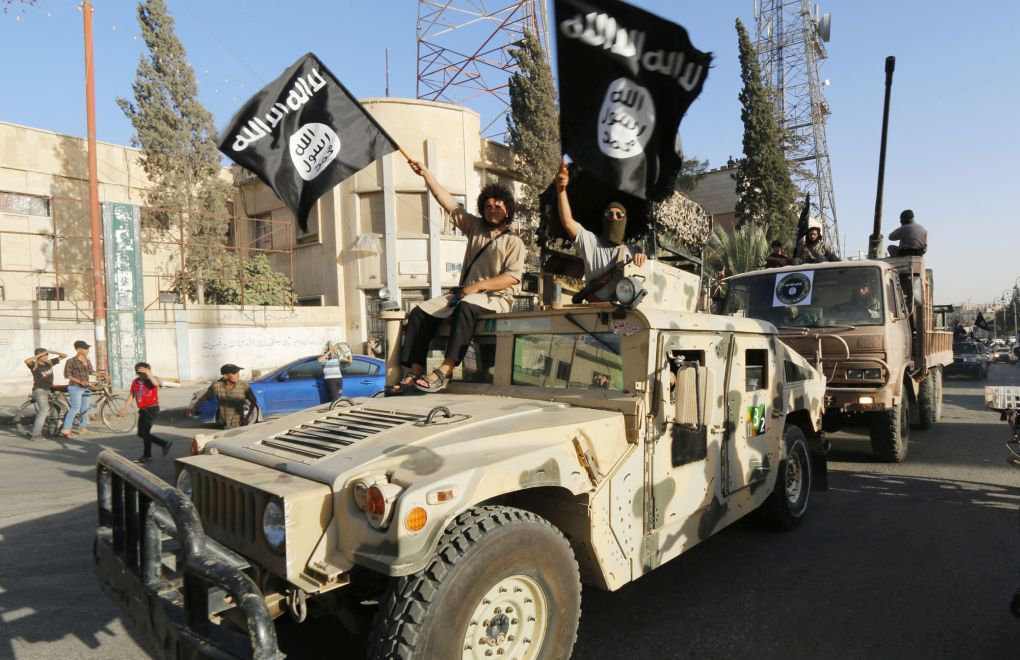* Photo: NBC News
Click to read the article in Turkish
In their 22-page report submitted to the United Nations Security Council (UNSC), the UN experts have shared their evaluations as to the global organizational activities in the first six months of 2021.
As reported by Can Kamiloğlu from Voice of America (VOA) Turkey, it has been alleged in the UN report that Uyghur, Turkmen and central Asian migrants living in Turkey "serve as a significant pool for membership in radical Islamist terrorist organizations" such as ISIS and al-Qaeda.
The report has further claimed that Idlib province in Syria's north keeps on being a strategic point for the ISIS members and their families, arguing that Idlib has been an important gateway for these people.
The statements as to the arrest of some ISIS militants who violated the borders in Turkey's Hatay have also been included in the report.
The 22-page report submitted to the UNSC has alleged that ISIS and al-Qaeda organizations have been "making intensive efforts to include in their group people with Turkic nationalities living in Turkey."
Western, Eastern Africa targeted by both
The report has raised concerns that the threats posed by ISIS, al-Qaeda and their affiliated entities have become permanent, adding that in some regions, these threats have been mounting on a maximum level.
It has been noted that especially Western and Eastern Africa has been the target of both organizations, which have stepped up their efforts to recruit militants for their radical organizations.
The UN report has also indicated that the picture in non-conflict zones is the contrary in the sense that the pandemic has slowed down the organizations' access to human resources even though the lockdown measures accompanying the pandemic have increased the risk of radicalization.
According to the report, the dominance of the related organizations is still in place in Syria and Afghanistan.
Underlining that there are at least ten thousand radical Islamist militants in Idlib, the report has noted that in some parts of Syria, ISIS has been turning to the tactic of guerilla warfare in order to regain its combat skills. The conflicts between al-Hashd al-Shaabi, mostly consisting of Iran-backed Shia militia, and ISIS are reportedly still continuing.
Moreover, the number of militants of radical Islamic organizations is gradually increasing in Turkmenistan, the report has said, adding that these forces are organized to be used in Afghanistan. (AS/SD)




